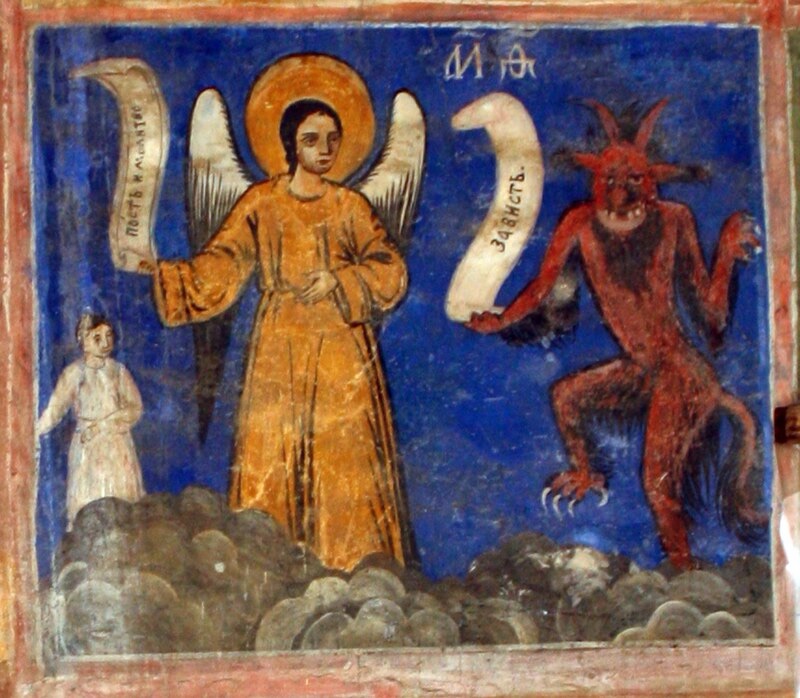
My use of the phrase ‘clutching at straws’, in my last post, lead me to read about the origins of that phrase.
If Google/Wiki are to be trusted, it derives from certain writings of Sir Thomas More, penned whilst jailed in The Tower, by mad serial-killer King, Henry VIII.
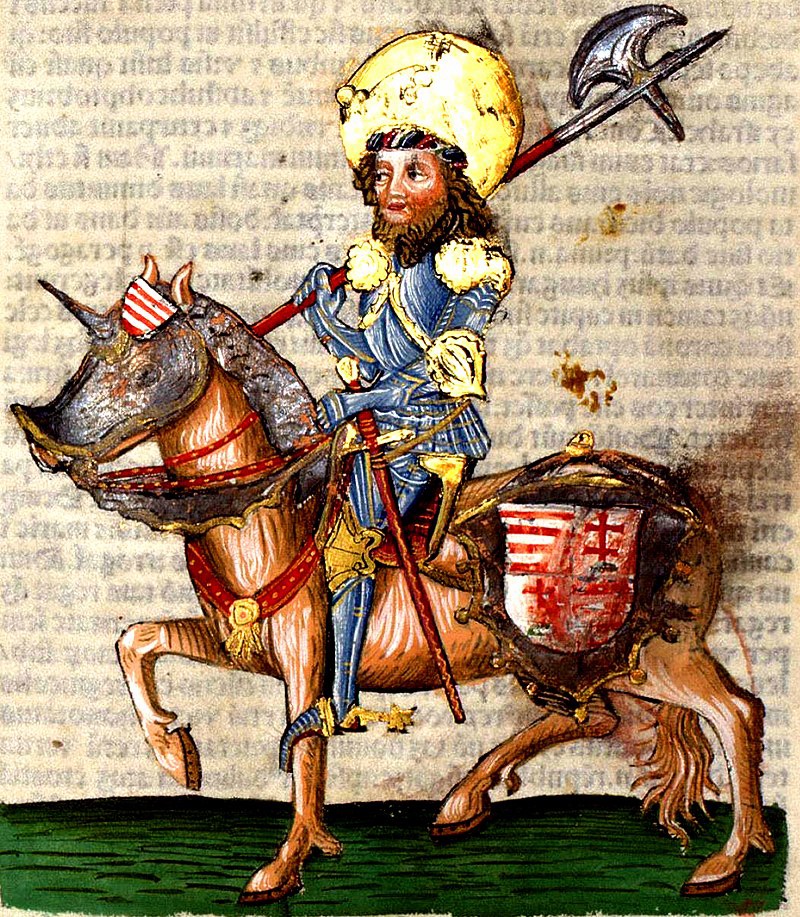
What struck me about actually reading bits of A Dialogue of Comfort Against Tribulation, is the irony that More – famed as a Humanist, and the author of Utopia (which I haven’t read, but would like to) – seems, here at least, far more a prisoner of mind than of body.
The Dialogue is between the young Vincent and the older Anthony. If we take Anthony to stand for More, he is far more a mental prisoner of Christian Theology than merely the literal corporeal body that was locked in The Tower at Henry’s whim.
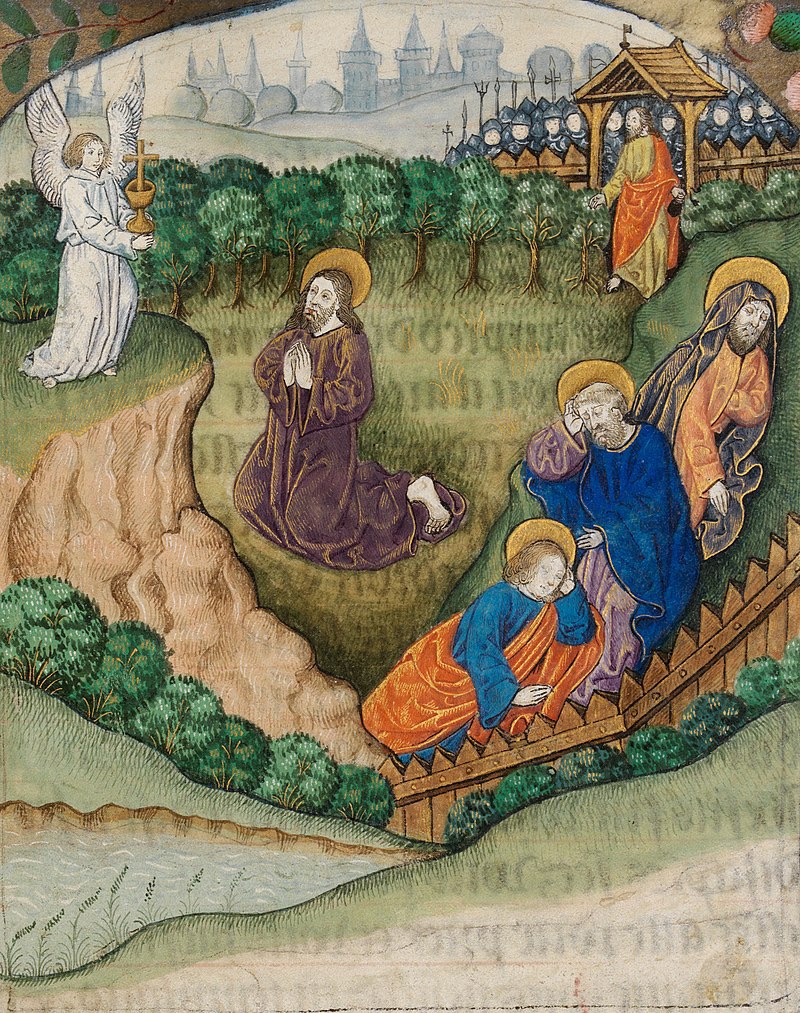
Rather than finding solace in the guff that’s played out here, it’s a stark reminder of the parochialism of particular moments in time within an evolving faith.
The picture of the bearded warrior on horseback bespeaks the era, in bloody political truth, far more than any dreams of piety, such as are depicted in the Gethsemane scene, above.
Rather than finding deep truths, it’s disappointing to find pretty low-level ‘reasoning’, being employed in trying to square real life suffering with a book stuffed full of absurdities (thanks, Frederick The Great). That’d be The Bible, in case that isn’t clear.
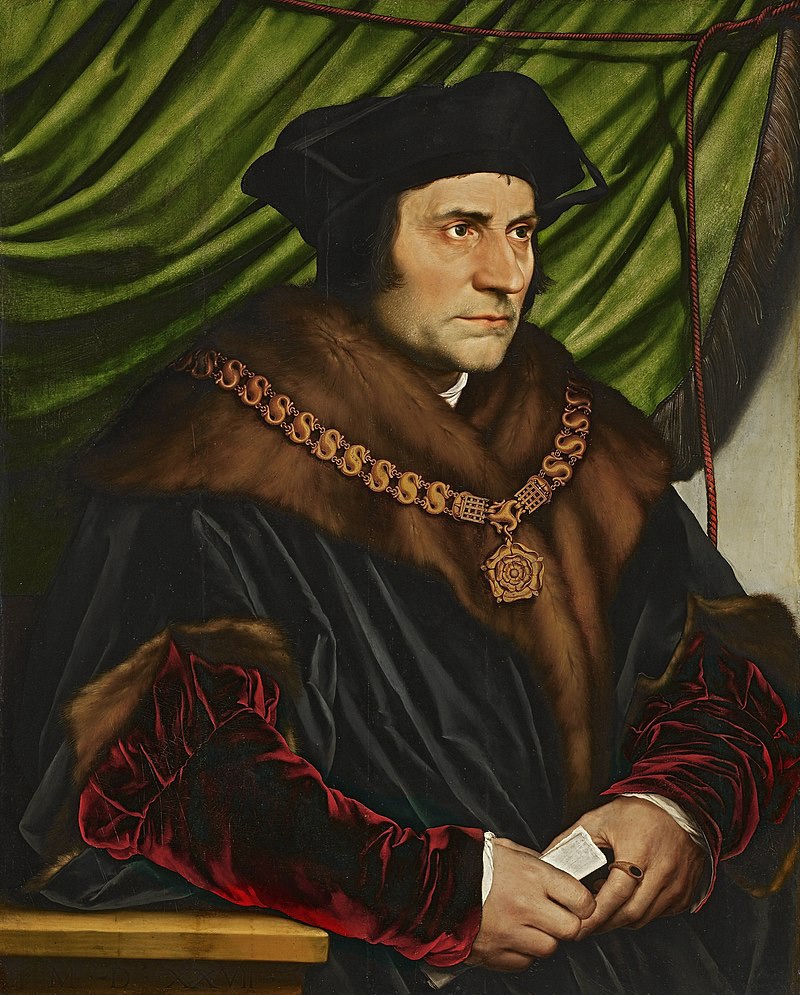
There was only one instance I can recall when More struck a nerve (two, if you also count his superbly pithy ‘clutching at straws’ image), and that’s when he speaks (or Anthony does) about “the busyness walking about in the darknesses”, which the wiki’ article says is More interpreting a particular Psalm as being about ‘the frantic pursuit of riches or worldly possessions.’
They also discuss suicide, which, having tried to do myself in a couple of times, I was intrigued by. But, once again, it’s mired in the archaic theology of the time (with nonsense about purgatory, the ‘purchase’ of merit, etc.), and isn’t really interesting at all, alas.
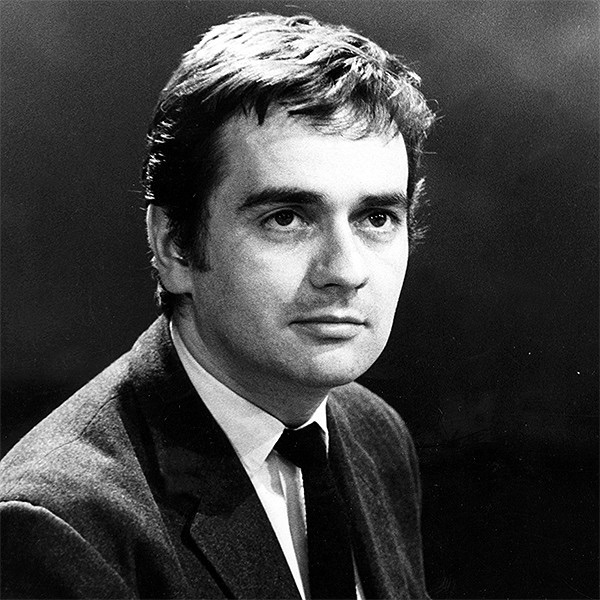
Still, there is some interest in all the odd and arcane history that these threads are woven into. Henry merrily butchering wives and dissenters, and smashing up a massively longstanding religious tradition, with vast and far reaching consequences (still ringing down the years), in pursuit of various expansionist wars and an heir. Meanwhile, ‘The Turk’ is knocking at the gates of ‘Christendom’.
Historically it’s a dynamite era. But don’t go looking for deep wisdom in A Dialogue of Comfort against Tribulation, you just might be sorely disappointed.
